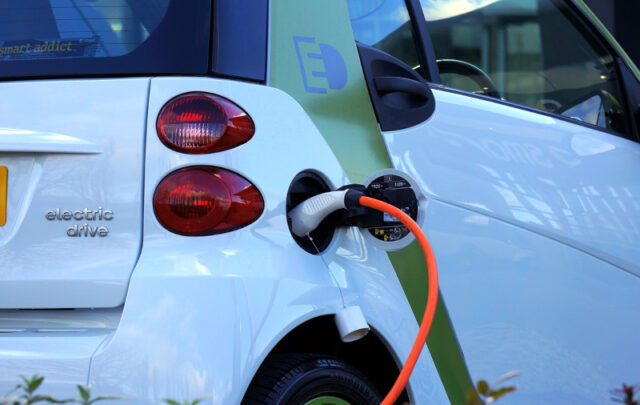Tripoli – Libya intended to abolish $5 billion (about R30.4 billion) worth of subsidies on electricity, fuel and basic food in a major move to liberalise its economy, Prime Minister Shukri Ghanem said on Monday.
The move, which Ghanem said would come “soon”, is part of an effort to get the north African state back on its feet following more than two decades of isolation and international sanctions, imposed because its leader, Muammar Gadaffi, was accused of sponsoring terrorism.
Last year, Gadaffi charged Ghanem with opening up the country to outside investors to bring in badly needed foreign currency, which had all but dried up because of UN and US sanctions.
Ghanem said the measures – which in addition to electricity and fuel would include food items such as cooking oil, flour, rice, sugar and tea – were necessary to “strengthen and liberalise the economy”.
In order to prevent ordinary Libyans from suffering too much, the government plans to double the national minimum wage from 150 dinars (R700) a month to 300 dinars, as well as to lower taxes and abolish interest rates.
Ghanem said the sharply higher wages would also apply to foreign companies in Libya.
He said more than 270 000 Libyans were unemployed, but the unemployment figure was “not enormous” because there were 2 million foreigners working in Libya, who would gradually be replaced by locals under laws now being drawn up.
“Under these laws, foreign firms will be obliged to employ more Libyans than foreigners and to re-evaluate salaries for all employees.”
After “a revaluation of salaries, which will allow Libyan citizens to earn as much as citizens of other oil producing countries”, the state would lift $2 billion of subsidies on petrol.
A litre of petrol currently costs 0.11 dinars. Smuggling oil out to sell in neighbouring nations is rife.
Last month Ghanem estimated Libya’s oil reserves at at least 47 billion barrels. The country hoped to double its production to 3 million barrels a day by 2010.
He also said the housing and house loan markets would be opened up, with 120 000 new homes to be built.
The prime minister criticised the subsidies policy currently in place, saying that it bred “corruption at the heart of the administration” and smuggling.
Last December, Libya abandoned its plans to develop weapons of mass destruction following intensive negotiations with the US and UK.
The country has also agreed to pay out billions of dollars of compensation to the members of families whose relatives died in passenger jet bombings over Scotland in 1988 and in the Sahara desert in 1989.
Compensation will also be paid to victims of a Berlin nightclub bomb.





